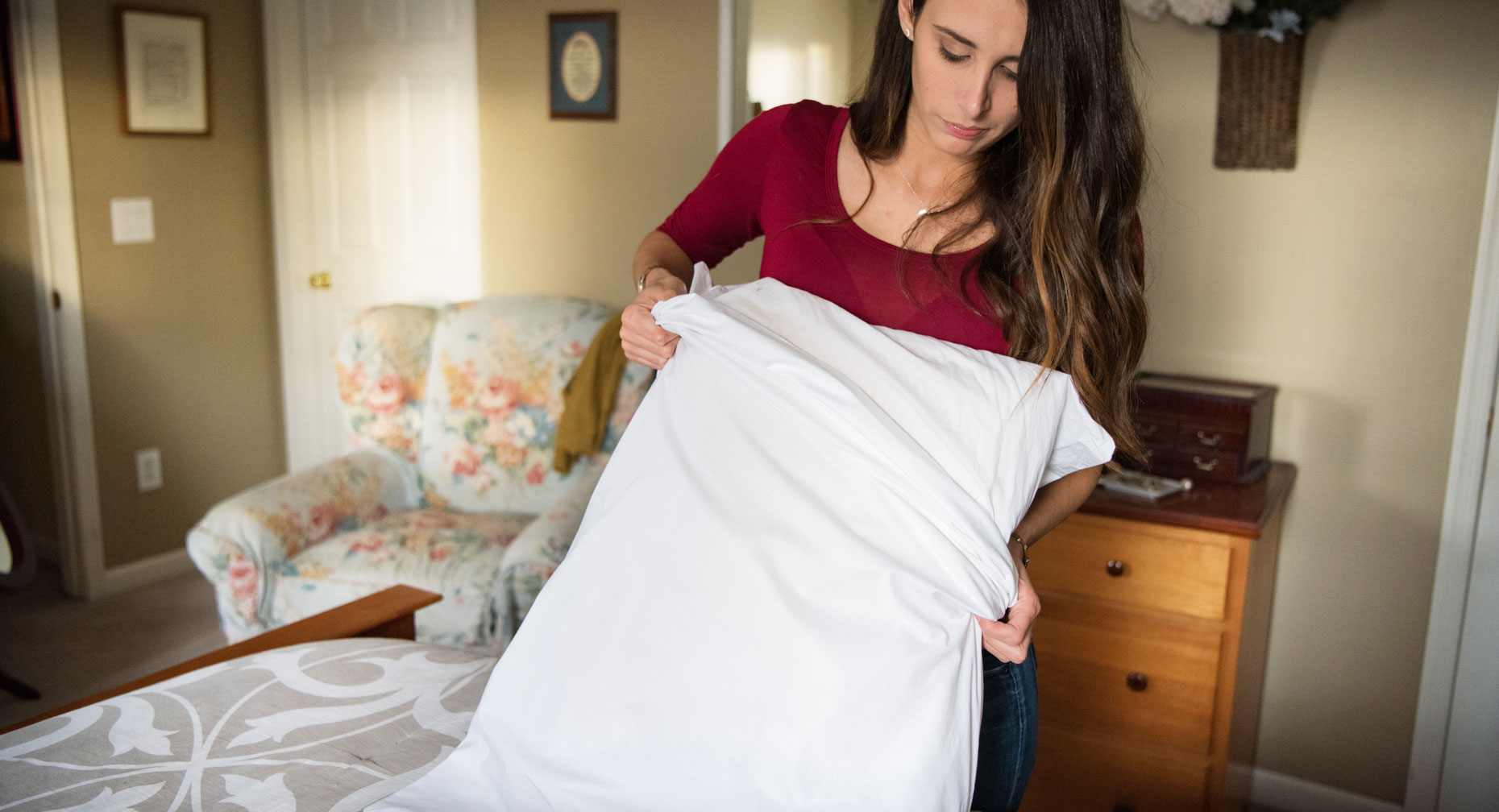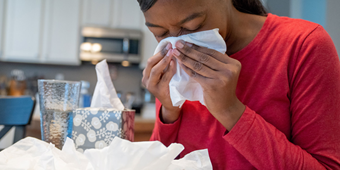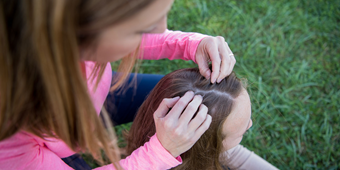Snuggle Up with Allergy-Protected Bedding

Find Your Perfect Match
Answer a few questions and we'll provide you with a list of primary care providers that best fit your needs.
If you’re wheezing and sneezing because of asthma or allergies, you’re probably eager to consider anything to improve the situation.
Perhaps you’ve heard of allergy-protection bedding such as covers for pillows, blankets, mattresses, comforters, etc. Since one-third of your life is spent getting zzzzz’s, this sound like a good idea. But is it?
The National Center for Biotechnology Information (NCBI) explored whether the use of such pillow and bed covers and allergen-avoidance counseling resulted in reduced and improved asthma symptoms in adult patients. They found that yes, allergen exposure was minimized by encasing pillows and mattresses or futons. And receiving counseling on avoiding exposure to indoor allergens did improve asthma control in adult patients.
Check product labels for a fabric pore size that’s no greater than 6 micrometers or microns, and look for words such as “woven fabric.”
Think “Dreamweaver”
The products you buy are very important.

To protect you or a family member from dust mites and animal dander, recent research suggests using allergen-impermeable covers – for mattresses, box springs, pillows – with woven fabrics. Nonwoven covers won’t protect you from dust mites in the long term. Plus, the dimpled surface of nonwoven fabric can actually allow a variety of allergens to collect there. Yuck! So, check product labels for a fabric pore size that’s no greater than 6 micrometers or microns, and look for words such as “woven fabric.” Think “dreamweaver” to help remember that woven fabrics make for sweeter dreams for asthma and allergy sufferers.
By following strict standards, manufacturers can earn a certificate for their product from the Asthma and Allergy Foundation of America (AAFA), saying the product is “certified asthma and allergy friendly.” An independent medical panel helps the foundation decide the ideals a product must meet to be certified. You might want to look for the AAFA certificate on bedding products – and even on everything from toys to washing machines – before you buy.
Find Your Perfect Match
Answer a few questions and we'll provide you with a list of primary care providers that best fit your needs.
Source: NCBI National Center for Biotechnology Information (NCBI); Consumer Reports; Asthma and Allergy Foundation of America (AAFA)




